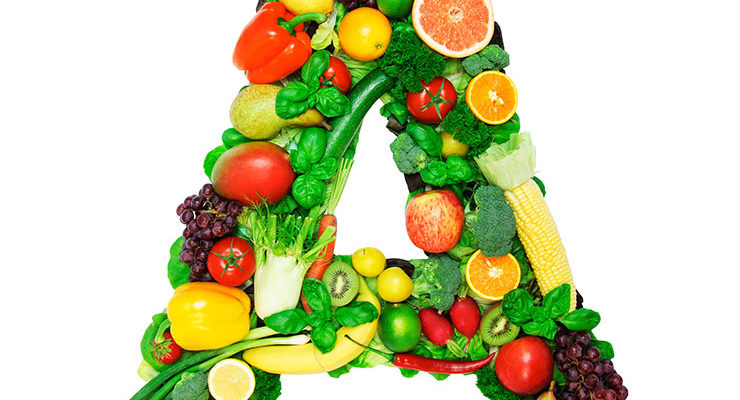As somebody who suffered from spotty breakouts throughout my teens and twenties and was even diagnosed with acne, I understand how self-conscious spotty skin can make you feel. In fact, my skin was always the bane of my life, and I used everything from my hair, to big scarves and heavy makeup to cover my spots.
I used to find that holidays and work trips abroad seemed to trigger the breakouts, and I slowly moved my focus from using a variety of topical treatments, including creams and face masks, to looking at my inner health. I did a lot of research into digestive system health and how it impacts your skin, and the nutrients most crucial for reducing inflammation, preventing and helping to heal blemishes.
Through experimenting with my diet, I discovered that dairy and wheat-based foods were triggers for me, and when I replaced them with alternative foods, my skin flare-ups dramatically reduced. However, everybody is different and what works for me, may not have any impact on the next person’s skin health.
Yet there are certain nutrients and types of foods considered essential to include in your diet for promoting healthier, clearer skin:
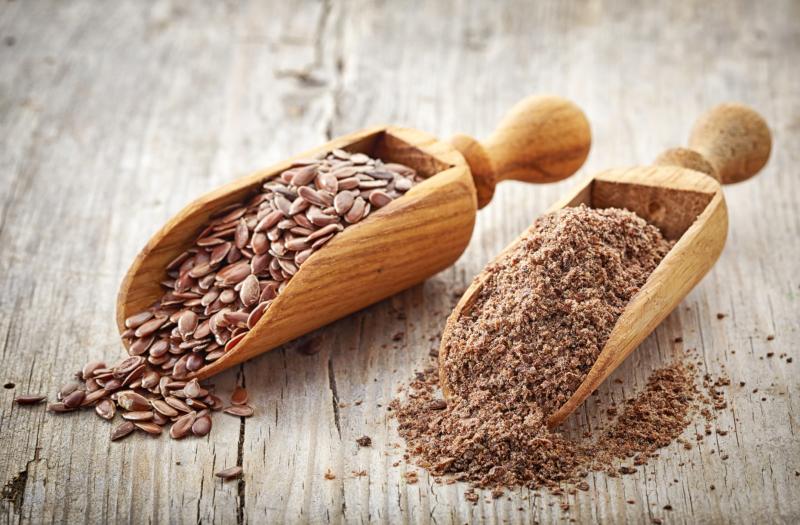
- Omega-3 fats are considered important for building smooth, supple skin and reducing acne, thanks to their anti-inflammatory benefits. As many people are thought to have less of a dietary intake of omega-3 fats rather than omega-6, aim to eat chia seeds, hemps seeds, walnuts and ground flaxseed regularly.
I recommend two tablespoons of ground flax daily as insurance against a deficiency and to support skin health, or you may want to consider a supplement. I like Nordic Naturals Algae Omega-3 capsules (€26.99), as they contain DHA and EPA in a plant-based form.
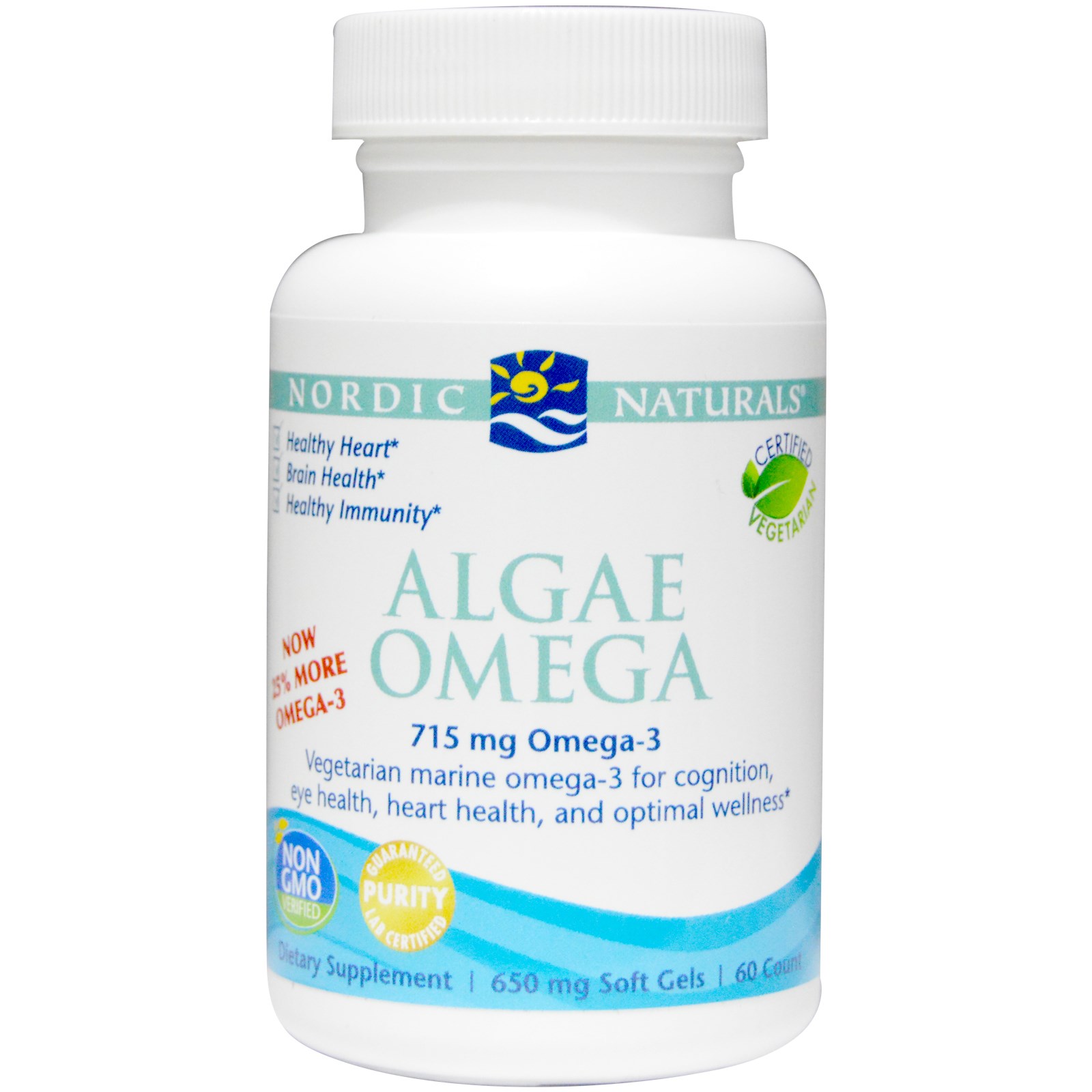
- Vitamins C, E and A are absolutely essential for clear, healthy skin. Think of vitamin A as your skin’s best friend, helping it to heal and stay healthy, youthful and fresh.
My Eat Yourself Beautiful, Eat Yourself Fit and website recipes all include foods like berries, peppers, almonds, sesame seeds, avocados, sweet potatoes, butternut squash, which are rich in vitamins C, E and A. Aim to eat these foods as often as possible!
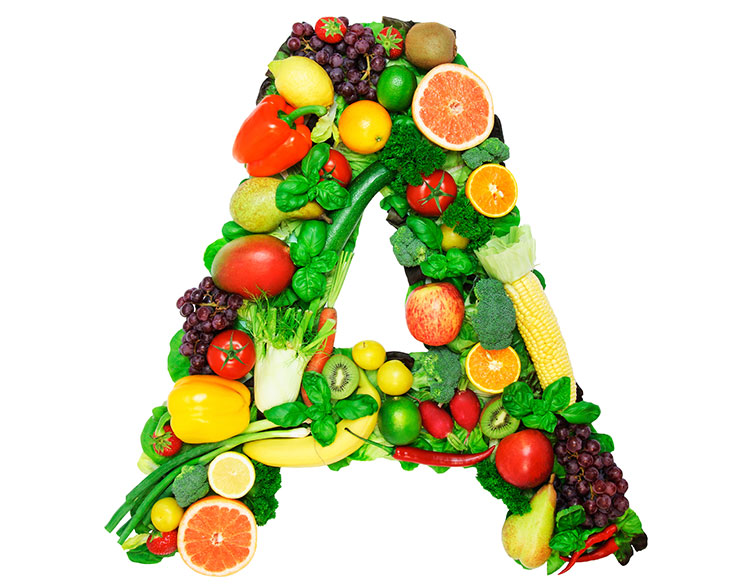 3. A healthy digestive system helps to support clear skin, and some experts consider your skin and gut to be intimately linked. After all, your skin is your biggest organ and reflects what’s going on inside of you. Medical science is now recognising the important of ‘friendly’ bacteria for the health of our entire system.
3. A healthy digestive system helps to support clear skin, and some experts consider your skin and gut to be intimately linked. After all, your skin is your biggest organ and reflects what’s going on inside of you. Medical science is now recognising the important of ‘friendly’ bacteria for the health of our entire system.Probiotics help to improve the health of your gut, boost your energy, support the function of your liver and immune system, and increase your digestion and ability to absorb nutrients. Try taking a good probiotic capsule every evening after dinner (I like Udo’s Choice Super 8, €26.99) and experiment with fermenting your own foods and drinks to really increase your levels of friendly bacteria. I love coconut water kefir and homemade sauerkraut is so easy to make.
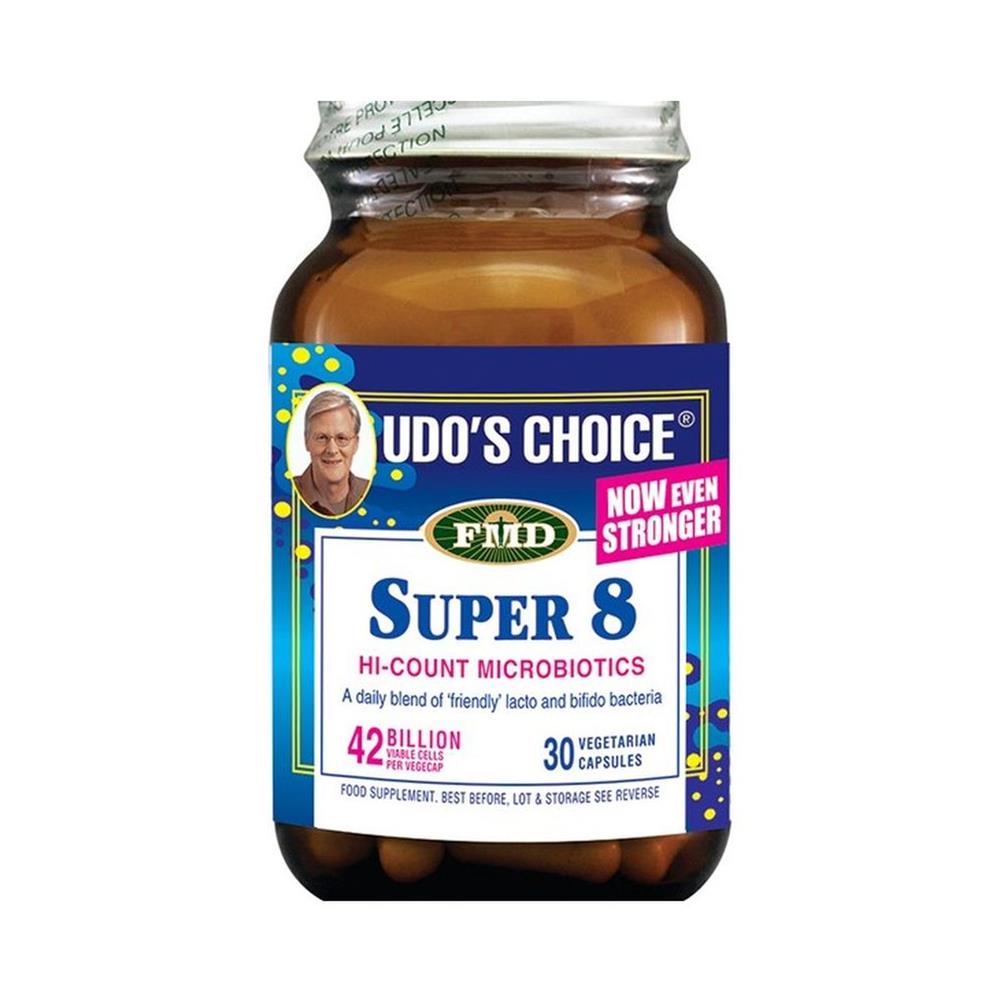
4. Zinc is an incredibly important mineral for healing your skin and improving immune system health. In fact, some cases of acne may be associated with zinc deficiency. It’s anti-bacterial and needed in your skin’s oil glands.
Include plenty of zinc-rich foods in your diet, such as pumpkin and sunflower seeds, spinach, beans and mushrooms. Seafood, beef and pork are some animal-based sources of zinc.
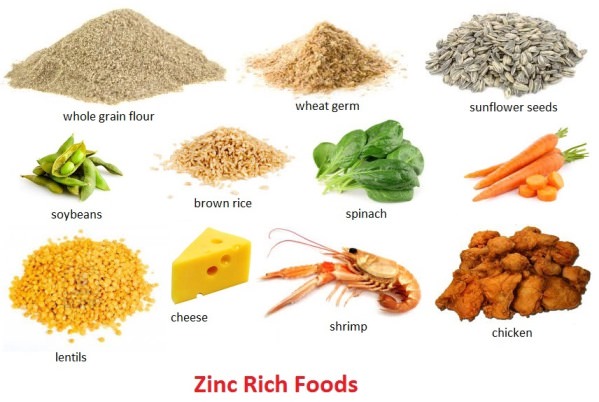
5. Reducing or eliminating refined sugar benefits your body is so many ways, but I would consider it important to avoid sugar when working on clearing up acne. Sugar is thought to attack your white blood cells and lower your immune system by up to 50% for a few hours after eating or drinking it. It also feeds candida, considered to also contribute to problem skin.
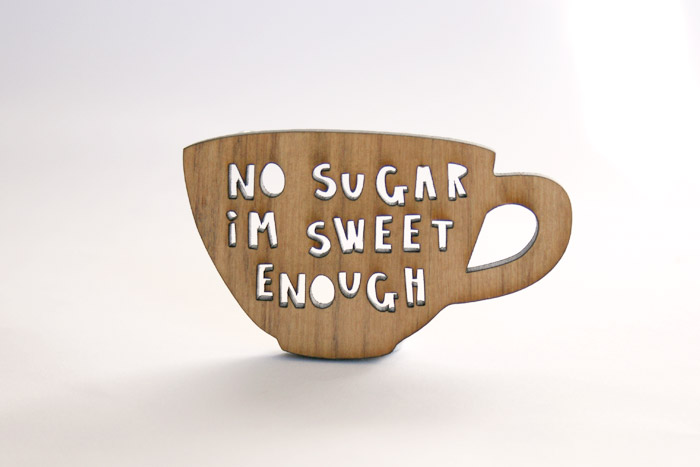
Eating a diet high in fresh whole fruit and vegetables, and low in white flour and processed foods, alcohol, caffeine, sugar and fried foods, can all really help to support a clearer complexion.

